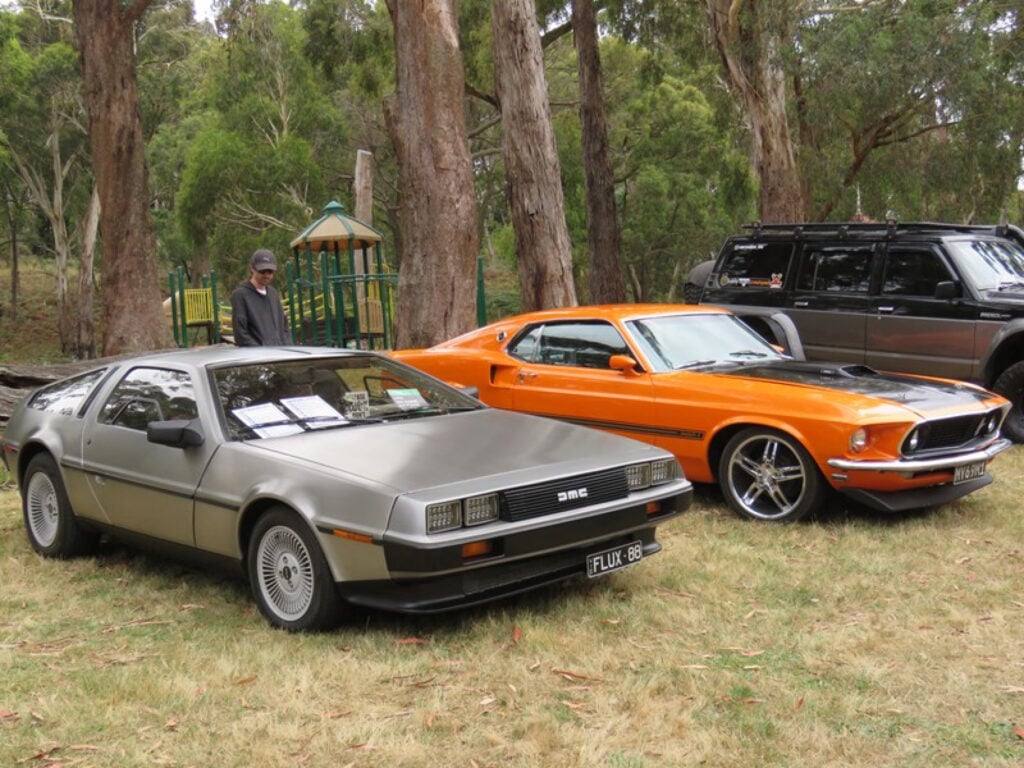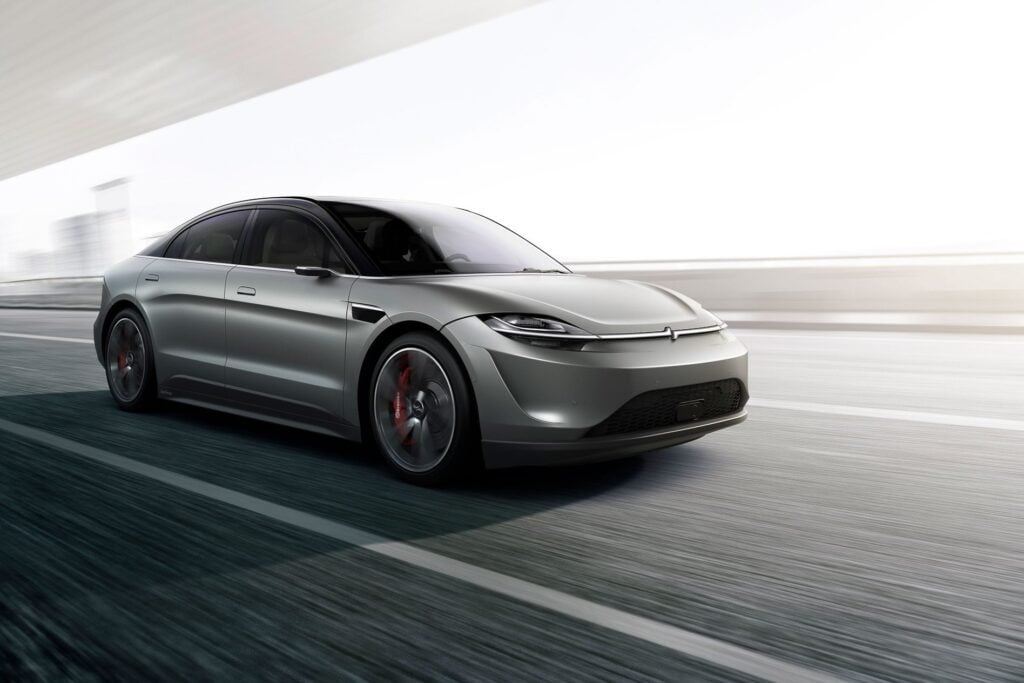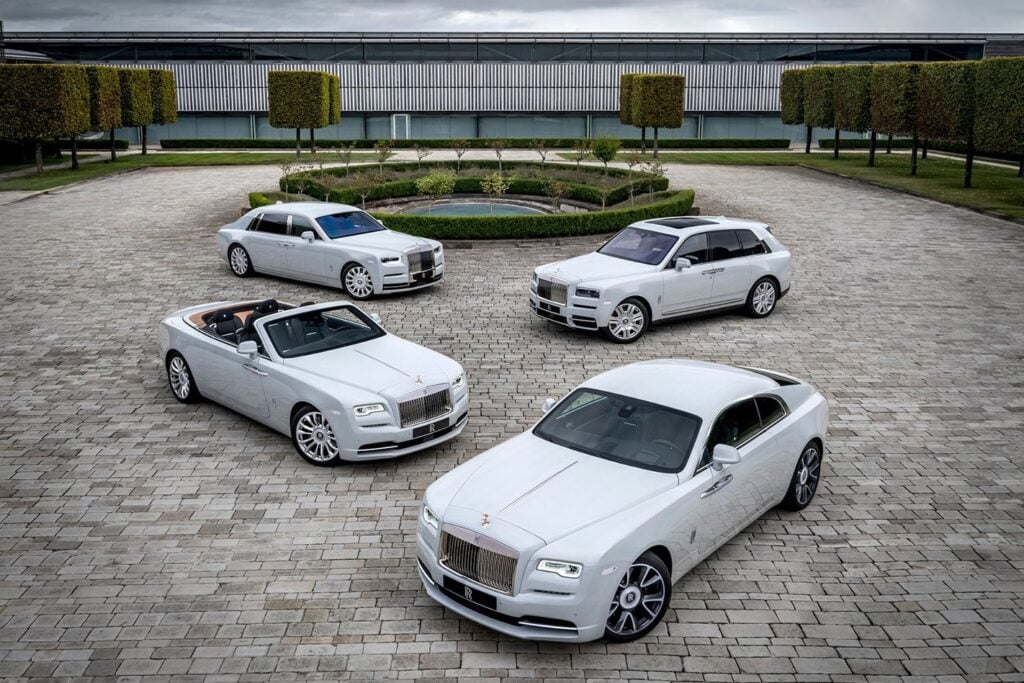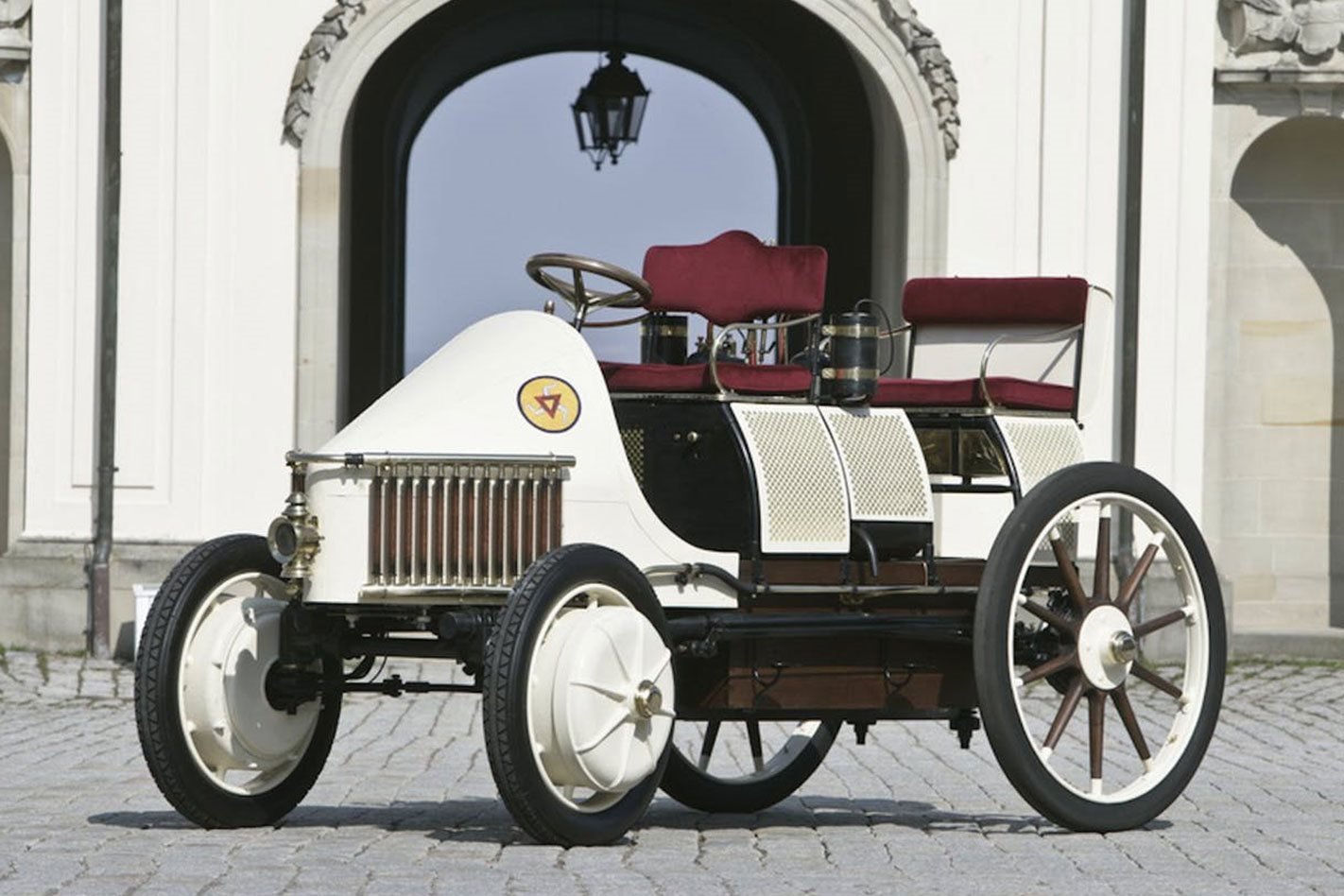
In the super-competitive automotive arena, manufacturers are constantly looking for ways to stand out from the crowd and attract more attention than their rivals. In today’s incredibly fast-paced consumer-driven world, no longer is the game about simply producing the most compelling model.
With the publicity machine in overdrive, drawing an audience transcends many platforms. Social media campaigns, brand ambassadors, high-profile launch events, publicity stunts, consumer brand partnerships and sporting events are all tried and tested ways of staying in the spotlight.
And one of the most effective strategies is referencing a rich heritage. Being in the car-building game longer than your arch enemy has obvious perceived value for potential customers. Would you prefer your tonsils to be removed by an experienced surgeon – or their intern?
One company that is certainly not short of history is Porsche. Whether it be a storied racing tapestry, a long list of famous (sometimes infamous) owners, or as a technological tour de force, Porsche has an incredible past.
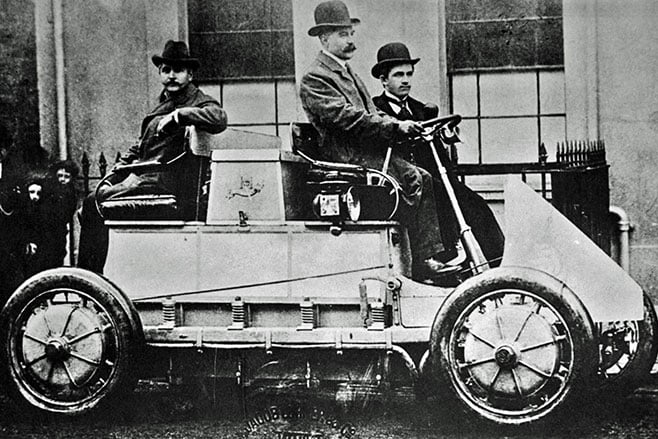
And as the German car maker looks to the future and evolves with the ever-changing automotive market, as well as its customers and the corresponding political and environmental climate, alternative energy is at the forefront of its marketing endeavours.
Electrification has never been more important to Porsche or any of its rivals for that matter, which is why you may be surprised to hear that the company has made no fuss or ceremony about an incredible accolade that it holds in its colourful (and very distant past).
Porsche created the world’s first production hybrid vehicle.
Ask a bunch of car nuts about the origin of hybrid vehicles and the most popular answer will probably point to the Honda Insight of 1999 or the 1997 Toyota Prius, but while those models certainly can claim a generous share in kickstarting the mainstream hybrid movement, they weren’t the first model on sale.
That honour falls to the 1900 Lohner-Porsche Mixed Hybrid.
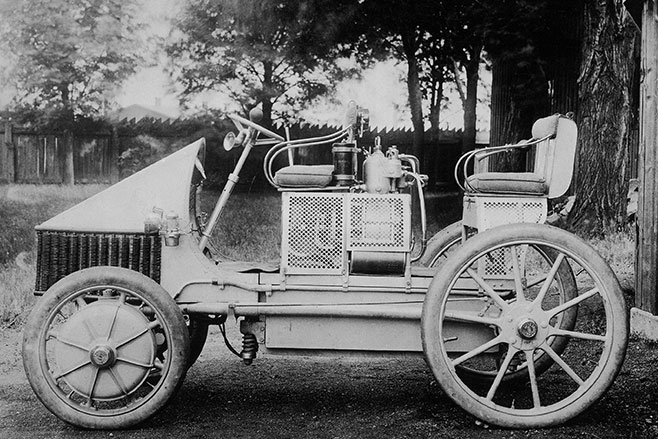
Long before Ferdinand Porsche founded the famous car manufacturer, the 23 year-old aspiring engineer landed a job with the Lohner-Werke – an Austrian coach builder with big ideas – to develop a new electric drivetrain for the company’s cart chassis.
The initial pure-electric car garnered limited interest but a British customer asked if the vehicle could be designed to run on both petrol and electric power. Ferdinand set to work developing the initial design and the Mixed Hybrid was born.
Like Porsche’s modern range of E-Hybrid vehicles, the Lohner-Porsche had a battery pack that was charged by a petrol engine, and that electrical energy was then used to power a motor.
But in the modern Porsche, lithium-ion technology has surpassed the lead-acid battery with significant advantages. In the case of the 2019 Porsche Cayenne E-Hybrid large SUV, the sum total of the electrified drive train adds 300kg but in the Lohner-Porsche just the battery alone weighed 1.8 tonnes.
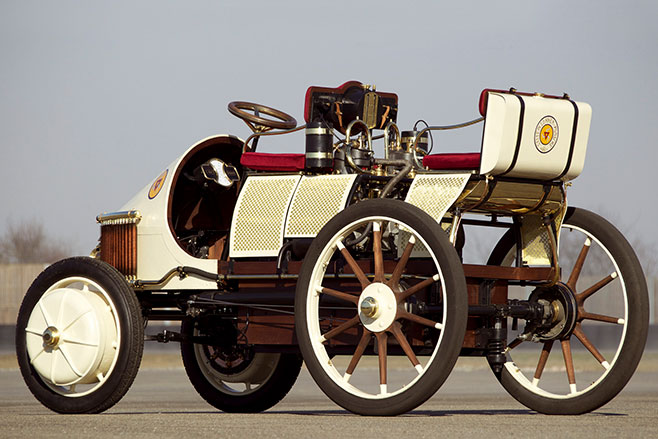
Power was fed to either just the front wheels or all four depending on the model and option was made simpler with the use of hub motors – an approach that some modern manufacturers are still exploring. In the case of the Lohner-Porsche fake spokes were cast into the outside of the motor to create the appearance of a normal wooden-spoked cart wheel.
Performance was also not quite up to modern Porsche standards either with top speed maxing out at about 15km/h. Range was also severely limited to less than 10km, but just as with a modern E-Hybrid, the petrol engine was there to top up the batteries when they went flat.
It might not quite equal the production of modern vehicles, but with several orders, Porsche’s hybrid was, by definition, a production car and that has cemented its place in history. And it might be more than a century old, but the Lohner-Porsche Mixed Hybrid was proving a concept that still applies to this day.
Promisingly, as the popularity of hybridised vehicles grows, their unit cost is falling. Back in the early 1900s the all-wheel drive Lohner-Porsche cost the equivalent about $290,000 while the two wheel-drive version was about half that.
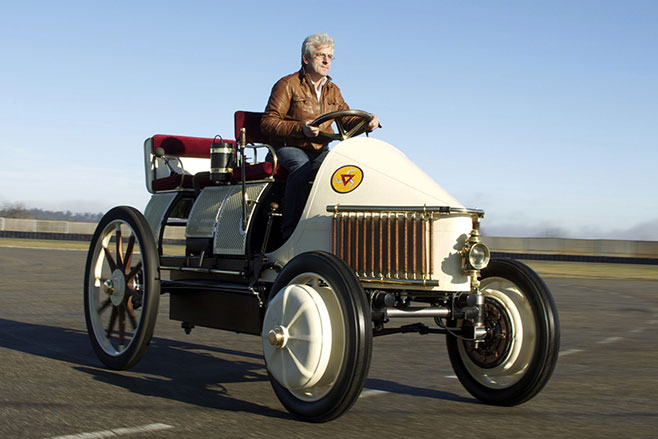
A 2019 Cayenne E-Hybrid however, will cost you the relatively reasonable sum of $136,700 and for that you get four-wheel drive, up to 44km of pure electric driving, up to 750Nm of torque when the 3.0-litre turbo V6 is working with the battery, and other luxuries not found in Porsche’s first hybrid including carpets, doors and a windscreen.
It’s surprising that the iconic German car maker isn’t being more vocal about the intriguing vehicle fathered by its founder as a young ambitious man, but Ferry’s vision lives on in every Porsche that feeds on volts and amps.



